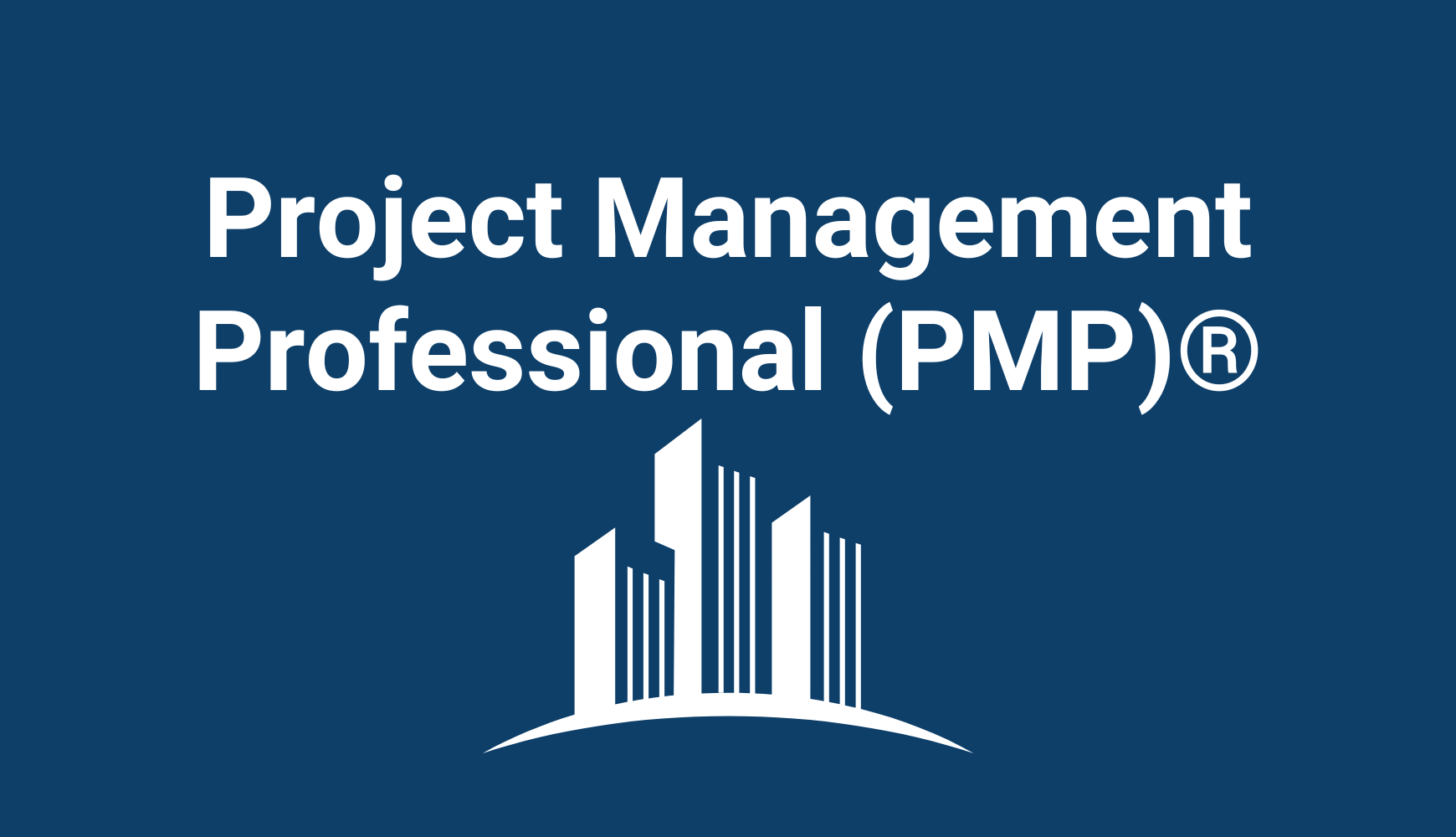Project Management Professional

About Course
The Project Management Professional (PMP)® is the gold standard of project management certification. Recognized and demanded by organizations worldwide, the PMP® validates your competence to perform in the role of a project manager, leading and directing projects and teams. Learn how project management drives success. Our expert-driven approach to project management training will prepare you to execute with excellence. The curriculum must cover all these knowledge areas in order to prepare you for the PMP examination.
PMBOK, PMP® and the PMI Registered Education Provider logo are registered marks of the Project Management Institute, Inc.